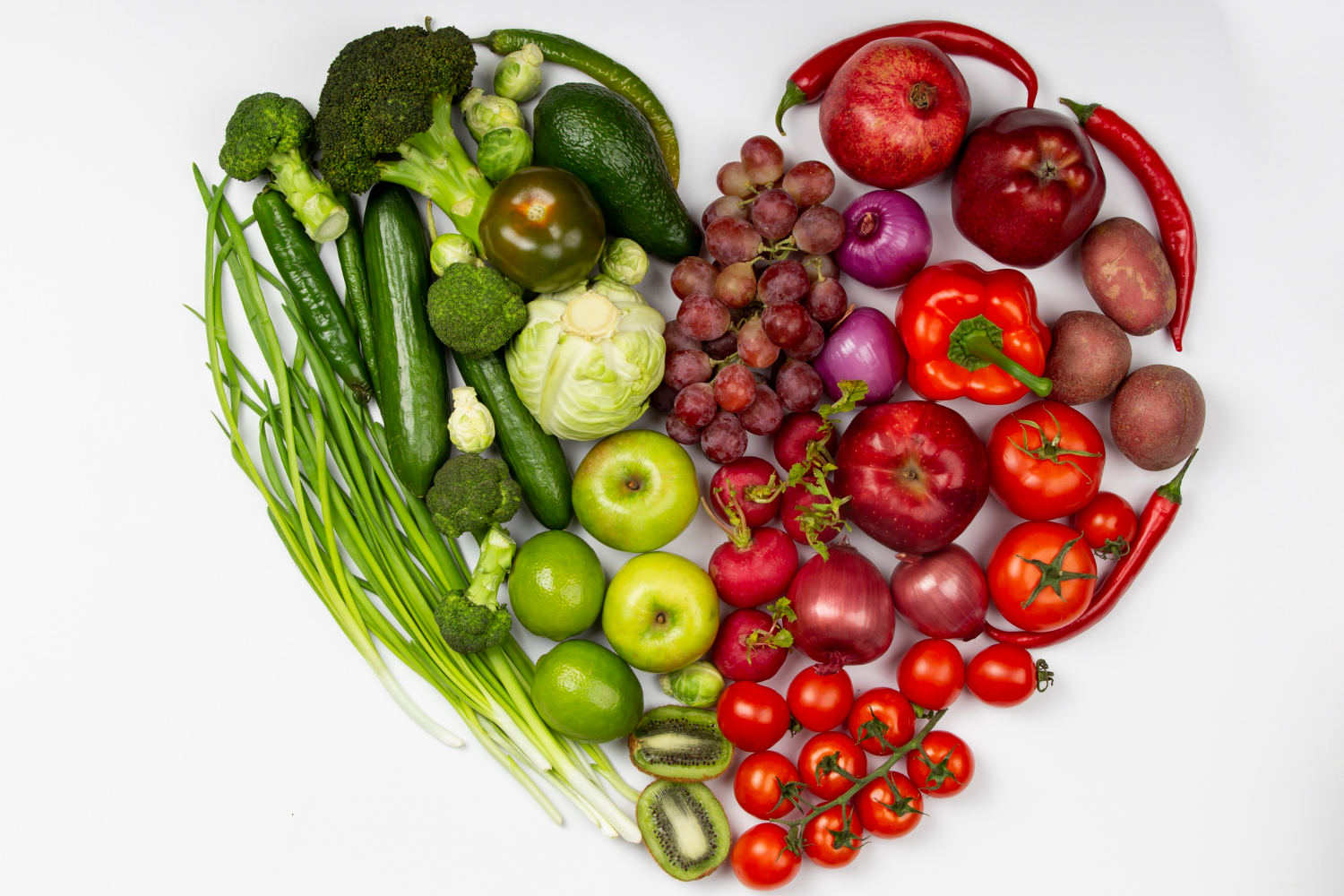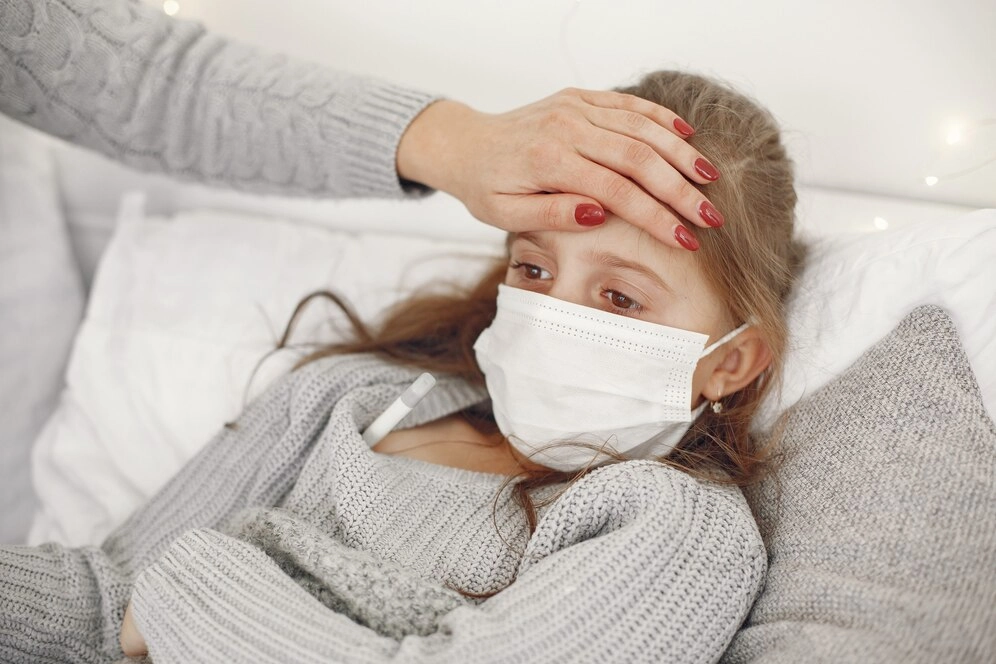Can Diet Help Improve Immunity Against Monsoon-Related Infections?
Category: General medicine
The monsoon season is a time when we welcome the rains with joy, but it also brings a wave of health concerns. The sudden change in weather, fluctuating temperatures, and high humidity make our bodies more vulnerable to infections like cold, cough, flu, typhoid, and stomach problems. In such times, the immune system becomes our natural defense. A strong immunity can fight off harmful bacteria and viruses more effectively. Diet plays a crucial role in building this shield. By eating the right foods and avoiding risky ones, you can help your body stay strong and protected during the rainy season.
Why Immunity Drops During Monsoon
During the monsoon, the combination of moisture and warmth becomes a breeding ground for bacteria, viruses, and fungi. Waterlogging and poor drainage often lead to contamination of drinking water. The body also experiences stress due to sudden changes in temperature, shifting from hot and humid to cool and damp conditions. All of this puts pressure on our immune system, making it less efficient at protecting us from infections. This is why fever, viral illnesses, and stomach problems become more common. A nutrient-rich diet is essential to strengthen the immune response and help the body fight seasonal infections.
Immunity-Boosting Foods for Monsoon
A healthy monsoon diet should focus on seasonal and fresh produce that supports immunity naturally.
- Vitamin C-rich fruits like guava, papaya, orange, and apple help fight free radicals and improve resistance.
- Vegetables like carrots, beetroot, bottle gourd, and spinach provide antioxidants, iron, and beta-carotene to protect cells.
- Herbs and spices such as turmeric, ginger, garlic, and tulsi have natural antibacterial and antiviral properties.
- Proteins from pulses, dals, eggs, and lean meat repair tissues and produce antibodies.
- Probiotics like curd, buttermilk, and fermented foods maintain gut health, which is directly linked to immunity.
Eating these foods regularly helps create a strong defense system against common seasonal illnesses.
Foods to Avoid During Monsoon
Some foods can lower your immunity or increase your risk of infection during monsoon.
- Avoid raw salads prepared outside, as unwashed vegetables may carry harmful microbes.
- Limit oily and fried snacks like pakoras, samosas, and bhajiyas, which can lead to sluggish digestion.
- Stay away from seafood during monsoon, as contamination risks are higher in this season.
- Avoid cut fruits sold by vendors, as exposure to open air can invite flies and germs.
- Reduce intake of leftover or reheated food, as damp weather speeds up spoilage.
Eating freshly prepared home-cooked meals is the safest and healthiest choice.
The Role of Hydration and Clean Water
Even though the weather is cooler in monsoon, the body still needs enough water to function well. Proper hydration supports digestion, blood circulation, and detoxification, all of which are important for immunity. However, the risk of waterborne diseases like cholera, diarrhea, and jaundice is high in monsoon. Always drink filtered or boiled water to ensure safety. You can also include herbal teas such as ginger, tulsi, or cinnamon tea for warmth and immunity. Warm soups, lemon water, and coconut water are also good choices. Clean and adequate hydration keeps your immune system strong throughout the season.
Lifestyle Habits That Complement Diet
A strong immune system is built not just by diet, but also by a healthy lifestyle.
- Daily exercise such as yoga, walking, or stretching keeps blood circulation active, helping immunity.
- Adequate sleep of 7–8 hours allows the body to rest, repair, and prepare to fight infections.
- Good hygiene like washing hands before meals, cooking food thoroughly, and keeping the kitchen clean reduces infection risks.
- Stress management is equally important; activities like meditation, reading, or hobbies can improve overall health.
These small lifestyle changes combined with a healthy diet make your body better equipped to handle the monsoon season.
Conclusion
Yes, a proper diet can help improve immunity against monsoon-related infections. By choosing fresh, seasonal fruits and vegetables, eating balanced meals, drinking clean water, and avoiding unsafe food practices, you can strengthen your natural defense system. Combined with healthy lifestyle habits, this approach ensures you stay energetic and protected during the rainy season. For expert advice, diagnosis, or treatment of monsoon-related illnesses, Lokmanya Hospitals offers trusted care to help you recover and stay healthy.
FAQs
1. Which fruits are best for boosting immunity in monsoon?
Papaya, guava, apple, and pomegranate are excellent for building immunity. They are rich in vitamins and antioxidants that protect the body from infections.
2. Is it safe to eat leafy vegetables in the rainy season?
Yes, leafy vegetables can be eaten, but they must be thoroughly washed and preferably cooked. This reduces the risk of germs and improves digestion.
3. Can drinking herbal tea improve immunity?
Yes, herbal teas like ginger, tulsi, and cinnamon tea are known to fight infections. They also provide warmth and support respiratory health during monsoon.
4. Should we avoid curd during monsoon?
No, curd can be consumed in moderation. It contains probiotics that support gut health, which plays a key role in overall immunity.
5. How much water should I drink in monsoon?
Aim for about 2–2.5 liters of safe water daily. Filtered or boiled water is best to avoid waterborne illnesses common during the rainy season.
6. Are fried snacks harmful during the rainy season?
Yes, fried snacks can slow digestion and weaken immunity. The damp weather makes it harder for the body to process heavy, oily foods.
7. Can vitamin C-rich foods prevent monsoon infections?
Vitamin C helps the body fight off infections more effectively. Citrus fruits, guava, and amla are excellent sources for daily intake.
8. Is outside street food safe during monsoon?
It is best to avoid street food during the rains. Contaminated water and poor hygiene in preparation can lead to stomach infections.
9. Does a healthy diet completely prevent monsoon illnesses?
A healthy diet reduces the risk of illness, but hygiene and proper care are also important. Both work together to protect you from infections.
10. When should I visit a doctor during monsoon?
If you experience high fever, severe stomach upset, dehydration, or breathing issues, visit a doctor immediately for proper treatment.







